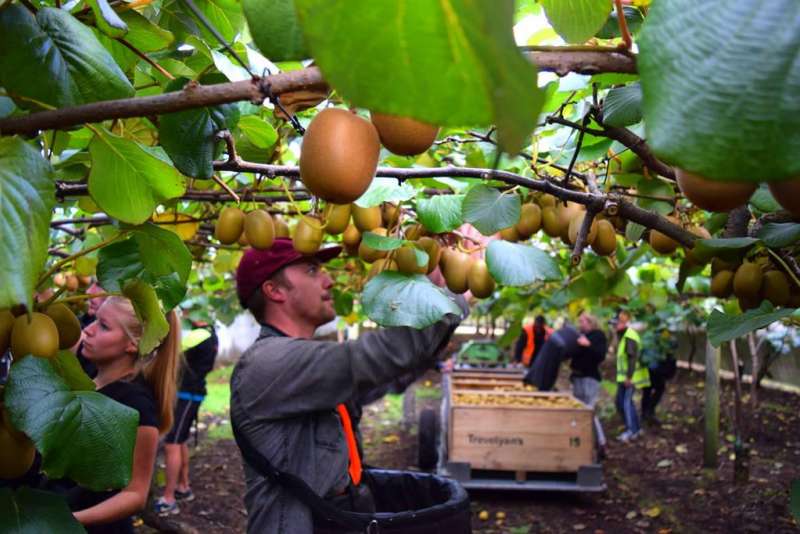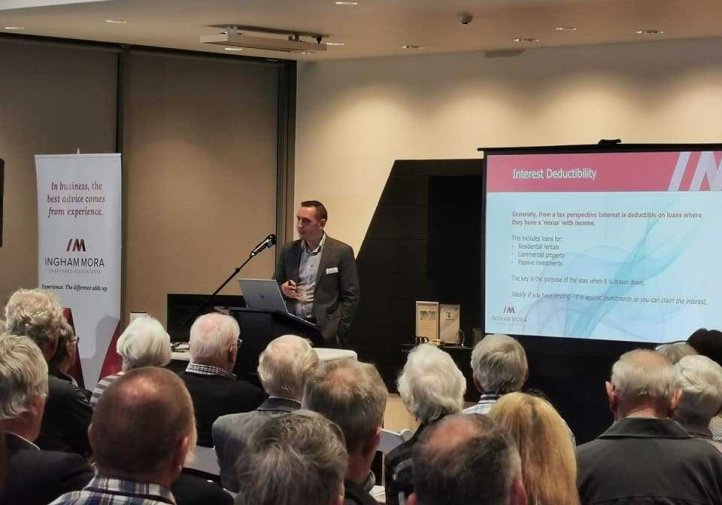Tax
What the new tax rules mean for your orchard.
on 6 September 2021 / by Grant Neagle
If you are looking to sell or purchase an orchard, you and your advisors should be aware of a recent tax change that could affect you.

Buying or selling an orchard? New tax rules could apply.
If you are looking to sell or purchase an orchard, you and your advisors should be aware of a recent tax change that could affect you.
New purchase price allocation (PPA) rules apply for transactions of business assets entered into on or after 1 July.
If the transaction value is $1million or more, the new rules will require the seller and purchaser to adopt the same allocation of the total purchase price to various defined classes of assets for tax purposes.
The old rules
Before the introduction of the PPA rules there was no requirement for a seller and purchaser to formally agree and adopt the same asset values. An agreement for sale and purchase (SPA) would typically have a single global price for all the business assets including land. The seller and purchaser’s accountants would allocate the value to the assets at the end of the financial year for the purposes of preparing the businesses’ tax returns.
A purchaser would want as high a price allocated to the types of assets that they could get a future tax wright off for (e.g. depreciable property), while the seller would want as low a price allocated to the same assets to minimise any taxable depreciation claw back. There was no rule that required the seller and purchaser to adopt the same values.
While the tax rules have always required certain types of assets to be sold at their market values for tax purposes, it has not been easy for the Inland Revenue to challenge a value adopted by a seller or purchaser. Up until now, the Inland Revenue has ultimately been the loser as the asymmetric price treatment meant it was missing out on tax revenue. This was the impetus for the introduction of the PPA rules.
The new rules
The rules mandate the allocation of the total transaction price to certain classes of assets. These classes include depreciable property (e.g. orchard equipment, kiwifruit licences), depreciable buildings (e.g. barns/sheds), trading stock (e.g. fruit that has been picked) and land.
If a price is agreed by the seller and purchaser before either parties’ tax returns are filed, the price agreed is binding on both parties. The Inland Revenue does still have the power to override the allocation if it believes the price agreed is not reflective of the assets’ market values.
If a price is not agreed by both parties, the rules provide for a “unilateral allocation”. Practically, this means that if the parties do not allocate the purchase price in the SPA, the seller gets the “first right” to allocate the price. The seller has 3 months after the change in ownership of the property to the notify an allocation to the purchaser and Inland Revenue, which then binds the seller and purchaser.
The seller having the first right to allocate does not put the purchaser in their strongest position tax wise. However, the purchaser is protected to a degree in that that seller can’t allocate a value to an asset less than its written down tax book value.
In the event that the seller does not, or cannot, allocate a price within the 3-month period, the purchaser has 3 months to allocate (i.e. within 6 months following the change in ownership) and notify an allocation to the seller and Inland Revenue.
If the parties have not agreed an allocation, and neither party notifies a unilateral allocation, then the Inland Revenue may determine the allocation. In this case the purchaser is not entitled to claim any tax deductions in their tax return until the Inland Revenue notifies an allocation.
The complexity can be avoided if the vendor and purchaser use the latest version of the Auckland District Law Society agreement for sale and purchase. The agreement requires the vendor and purchaser to come to an agreement as to the price allocation as a condition of sale.
Be careful
The new rules have the potential to catch out unwary parties and their advisors.
The rules do not require a price to be allocated to all types of assets typically found in a kiwifruit orchard, just the mandated classes. For example, while an orchardist can write-off the vines and farm improvement assets such as the growing and shelter structures, these are not “depreciable property” as defined in the tax rules. So, a price does not need to be separately allocated to these assets.
Further, fruit on the vine is not considered to be “trading stock”. Inadvertently allocating a value to the fruit on vine in a SPA will cause it to become trading stock and taxable to the seller.
Finally, if a price is not agreed by the parties in the SPA, then a seller will have the upper hand over the purchaser. A purchaser should therefore insist on the price being allocated in a SPA.
The comments in this article are of a general nature and should not be relied on for specific cases, where readers should seek professional advice.

